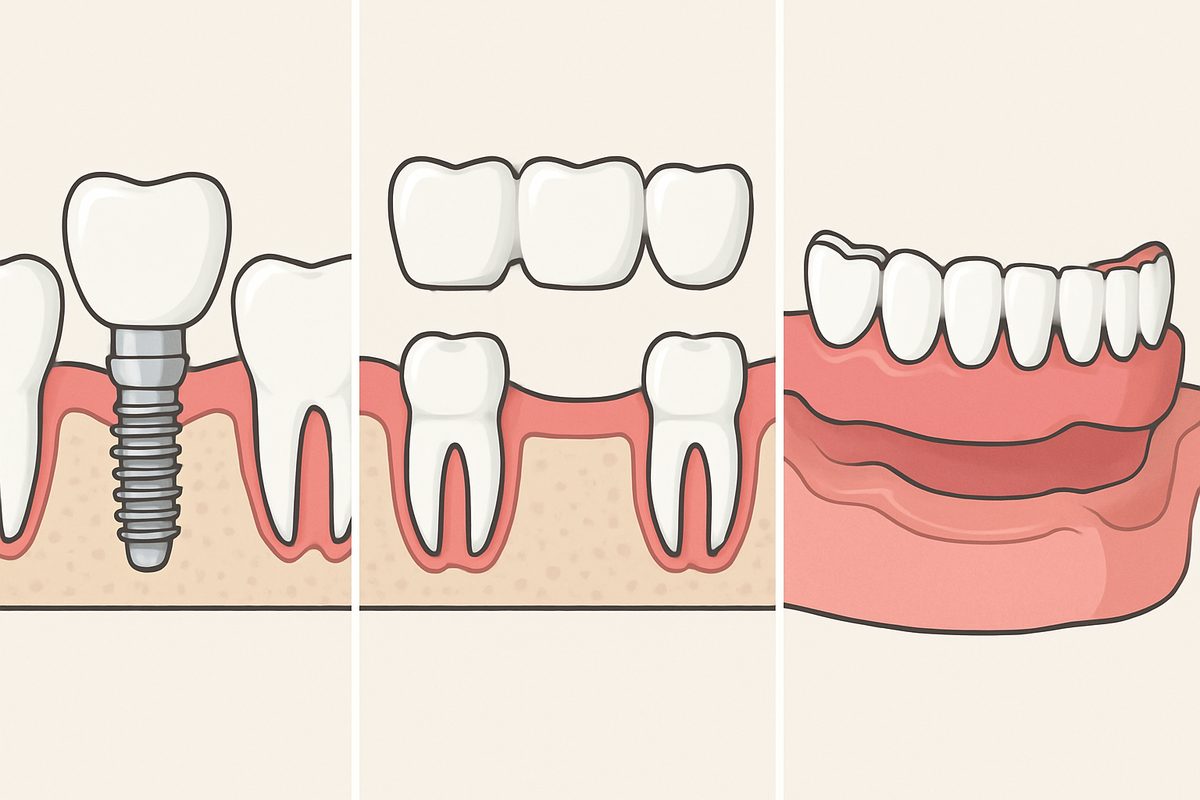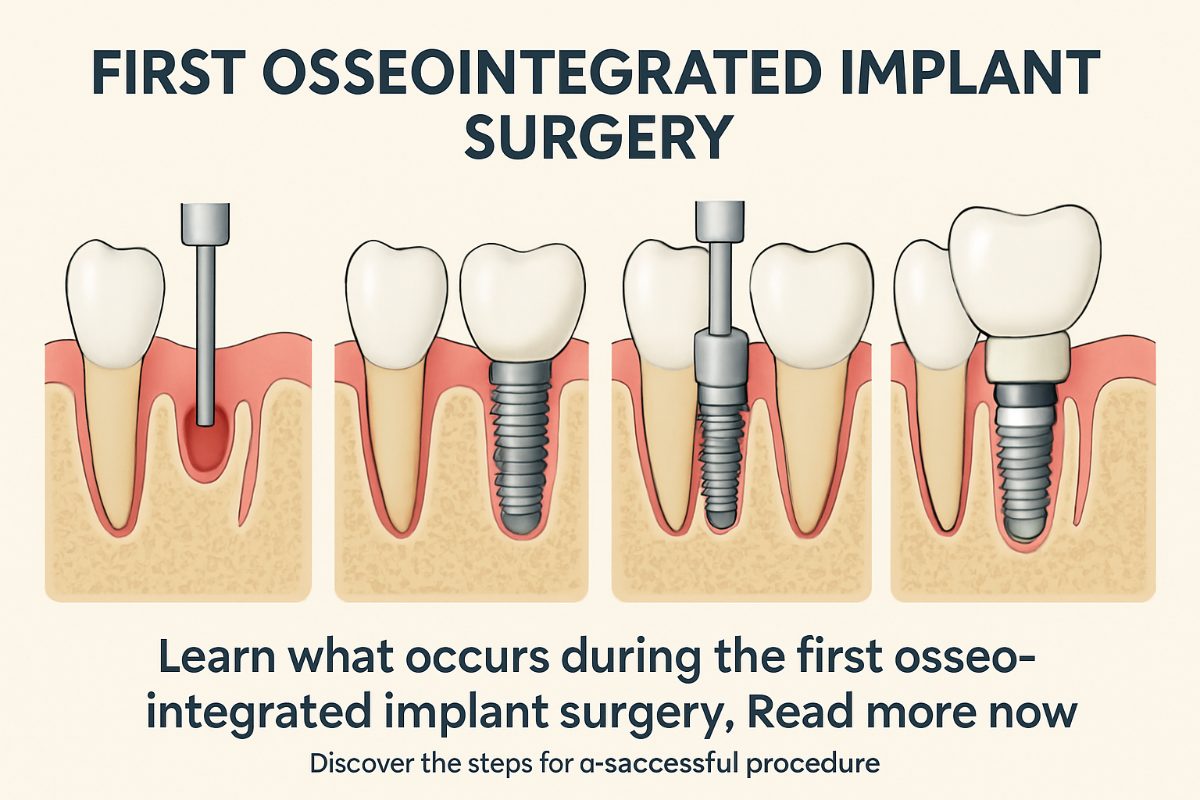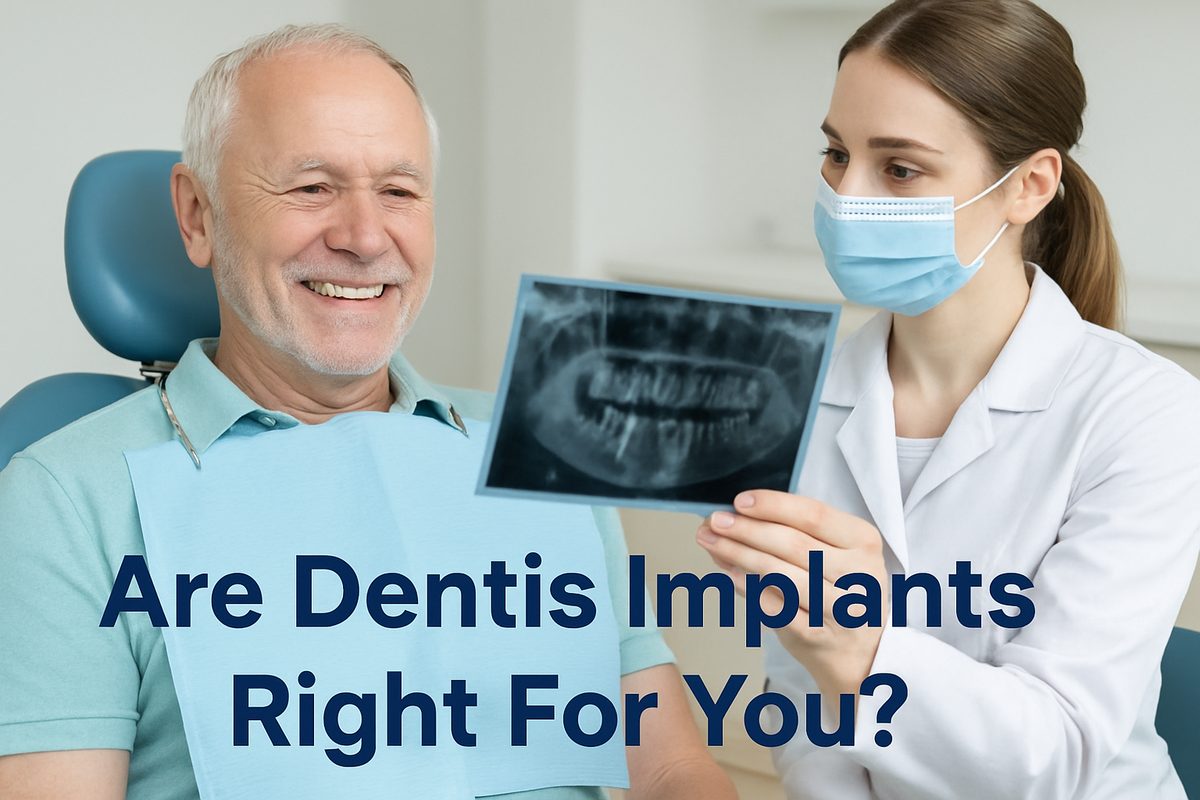Our Dental Blog - Radcliff, KY
Tips, Facts, And The
Latest In Dentistry

Different Tooth Replacement Options (Dental Implants & More)

Choosing between the different tooth replacement options in Radcliff, KY can feel overwhelming. This guide explains common choices — implants, implant-supported dentures, fixed bridges, removable dentures, and crowns — who they help, what to expect from treatment, and simple next steps to move forward.
Whether you need one tooth or a whole arch replaced, you’ll learn the goals of each option (restore chewing, appearance, speech, and oral health) and practical factors to consider before booking a consult.
Overview of the Different Tooth Replacement Options
Here’s a quick snapshot of major options and their goals:
- Dental implants — permanent titanium posts that support crowns or bridges.
- Implant-supported dentures — dentures anchored to implants for better stability.
- Fixed bridges — tooth-supported replacements that span a gap.
- Removable dentures — partial or full dentures that come out for cleaning.
- Tooth-supported crowns — single-tooth caps that restore shape and function.
All these approaches aim to restore function, appearance, speech, and long-term oral health. Use this overview to narrow which of the different tooth replacement options fits your needs in Radcliff, KY.
Dental Implants: The Basics
Dental implants are titanium posts surgically placed in the jawbone. Each implant gets an abutment and a crown, bridge, or denture attached. Because they fuse with bone (osseointegration), implants feel and function like real teeth.
Longevity: with good care, implants can last decades. Common uses include replacing a single tooth, anchoring multi-tooth bridges, or supporting full-arch restorations.
Types of Dental Implant Solutions
Single implants with crowns
Best for replacing one missing tooth. Keeps neighboring teeth untouched and preserves bone under the gap.
Implant-supported bridges
Replace several teeth in a row using fewer implants than the number of teeth replaced. Less invasive than separate implants for each tooth.
Full-arch implants (All-on-4/All-on-X)
Designed to replace an entire upper or lower arch with a fixed prosthesis. Offers faster restoration and a stable, “fixed” feel compared with regular dentures.
Zygomatic implants
Used when the upper jaw lacks bone. These longer implants anchor in the cheekbone (zygoma) and avoid grafting for some patients with severe bone loss.
Implant-Supported Dentures vs. Removable Dentures
Key differences to weigh:
- Stability: Implant-supported dentures are more stable and reduce slipping. Removable dentures can move, especially lower ones.
- Chewing: Implants allow stronger bite force and better food choices.
- Speech: Fixed or implant-supported options usually improve speech compared to loose dentures.
- Cleaning: Removable dentures are easy to clean outside the mouth; implant-supported options need both brushing and special tools.
- Cost and maintenance: Implants cost more up front but often need fewer repairs over time.
Removable dentures may still be appropriate for tight budgets, short-term needs, or medical limitations that prevent surgery.
Traditional Bridges and Crowns
When implants aren’t chosen, fixed bridges and crowns are reliable options. A bridge uses crowns on neighboring teeth to support a false tooth. Crowns cap damaged teeth to restore shape and function.
Pros: quicker treatment and lower upfront cost. Cons: nearby healthy teeth may be altered and bone under the missing tooth can shrink over time.
When Removable Partial or Full Dentures Make Sense
Removable dentures are often recommended when patients have budget limits, medical issues that make surgery risky, or need a temporary restoration while healing or planning implants.
Modern dentures are more comfortable than older styles, and relines or adjustments can improve fit as the mouth changes.
How to Choose Between Options: Key Factors
Oral and overall health
Good bone volume and healthy gums help implants succeed. Chronic conditions (diabetes), smoking, or active gum disease can affect candidacy and healing. If you have significant bone loss, your options might vary.
Functional needs and esthetic goals
Think about chewing demands, how you want your smile to look, and if speech is a concern. Active eaters or those wanting a fixed feel often prefer implants.
Budget, insurance, and timeline
Consider upfront vs long-term costs, what your PPO covers, and how soon you need a finished tooth. Implants take longer to complete but often save money over time by avoiding repeated repairs.
Recovery, Care, and Long-Term Maintenance
Implant sites usually need a few months to heal before final crowns or dentures are attached. Bridges and crowns can be completed faster, often in weeks. Daily care includes brushing twice a day, flossing or using interdental brushes, and regular dental checkups.
Call your dentist if you have persistent pain, swelling, loose restorations, or signs of infection.
Estimated Costs and Financing Options
Cost ranges vary widely:
- Single implant and crown: often several thousand dollars.
- Implant-supported bridge: higher, depending on number of implants and lab work.
- Full-arch implant restorations: can be higher still but vary by technique (All-on-4 is often less than placing many single implants).
- Removable dentures and traditional bridges: generally lower upfront cost.
Factors that raise cost: extractions, bone grafts, advanced lab work, or sedation. Common payment methods include PPO insurance, CareCredit, and in-house financing.
Why Consider Generations Family Dentistry for Tooth Replacement
Generations Family Dentistry in Radcliff, KY offers full implant care with an on-site dental lab for faster, precise restorations. The practice provides IV sedation for anxious patients, accepts PPO plans, and offers CareCredit and flexible financing to make treatment more affordable.
Dr. Darren Greenwell and Dr. Brooke Shelton bring advanced training and years of experience in implants and restorative care. Their team focuses on durable, long-lasting tooth replacement designed around each patient’s needs.
Frequently Asked Questions
How long do implants last? With good care, implants can last decades and often for life.
Are implants painful? Most patients report little pain after surgery; local anesthesia and IV sedation options can reduce discomfort during the procedure.
Can anyone get implants? Many people can, but factors like bone volume, gum health, chronic illness, or smoking may require additional steps or make implants less suitable.
What if I have bone loss? Options include bone grafting or alternatives like zygomatic implants for severe upper jaw loss.
Closing Summary and Next Steps
Deciding among the different tooth replacement options comes down to health, function, esthetics, and budget. An evaluation will clarify which choice fits you best.
To learn more or schedule an exam and personalized plan, call Generations Family Dentistry to set up a consultation and discuss the best path forward for your smile.





